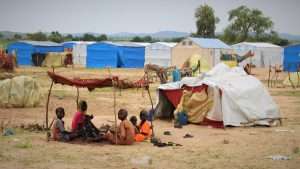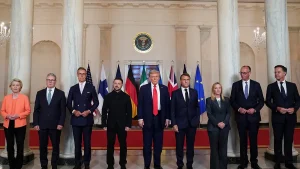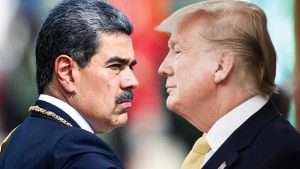Libya: Armed forces prepare for further protests

Libyan capital Tripoli saw a large security presence, as armed forces attempt to subdue a potential second wave of protests against Libya’s interim government, according to Reuters, September 1.
Protests already erupted in Libya’s capital in late August (27, 28 and 29) following the Libyan Government of Unity’s Foreign Minister, Najla Mangoush’s meeting with the Foreign Minister of Israel.
Mangoush was suspended by Libya’s Prime Minister, Abdul Hamid Dbeibah following the meeting as Libya continues to strongly stand with the Palestinian people against Israeli oppression.
Libya has previously stated that it does not recognise Israel as a legitimate state.
READ: Palestine thanks Libya for refusing to normalize ties with Israel
The Middle Eastern country has been under scrutiny by human rights organisations worldwide, amongst other notable groups and personalities, for a long period of time as it continues to flout international law.
Israel has attempted to build ties with North African and Middle Eastern countries, many of whom refuse to recognise the country.
Just over a dozen were arrested by security forces in Tripoli, in the protests that took place in late August, not long after Libya’s Foreign Minister met with Eli Cohen (Israeli Foreign Minister) in Rome on August 26.
The fiery protests are the lastest tensions that the war-torn country has seen. The country has been in stop-start conflict since the downfall of Muammar Gaddafi, its defacto ruler for over four decades, in 2011.
Since 2011, two civil wars have broken out, the latter taking place for six years between 2014 and 2020. From this moment, two rival establishments have been founded in Libya’s east and west.
The meeting between the two countries’ foreign ministers was kept secret until Israel’s Foreign Ministry revealed that they had met with their Libyan counterpart.
Israel’s hard right Prime Minister, Benjamin Netenyahu accused Eli Cohen of leaking details and also shifted the blame to him for the setback in the Middle Eastern country’s ties with Libya.
REUTERS
Want to chase the pulse of North Africa?
Subscribe to receive our FREE weekly PDF magazine














